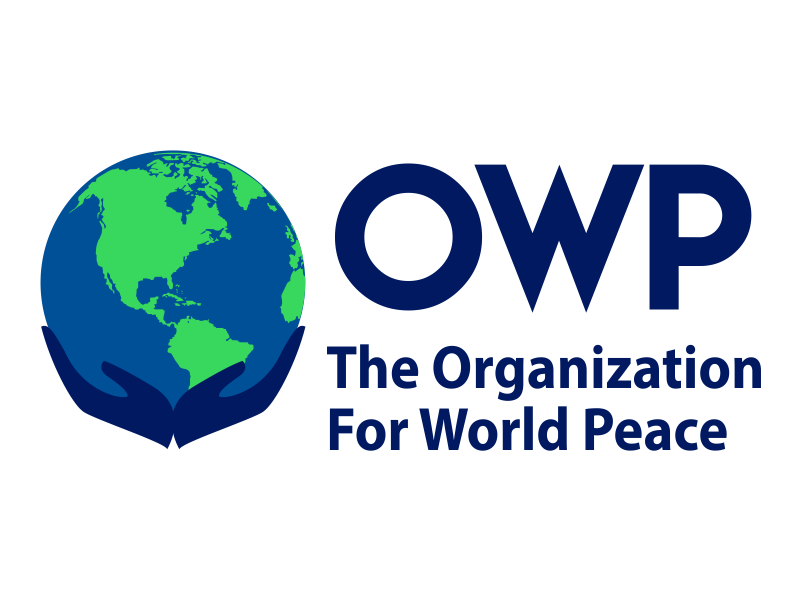In a press statement released on May 10, 2021, the U.S. Department of State announced that Richard Norland will serve as the special envoy for Libya. As the December 24, 2021 elections are nearing and foreign forces continue to occupy Libya, the U.S. is recognizing that these political processes will need additional diplomatic support to ensure a peaceful transition of power leading up to the election. The United Nations has been working with Libya to attempt to repair the failed democratic state that resulted from the overthrowing of late dictator Muammar Gaddafi, and now the United States strives to assist with the accomplishment of these goals.
In the U.S. Department of State’s press release, spokesperson Ned Price explained, “the addition of the U.S. Special Envoy role to Ambassador Norland’s Chief of Mission responsibilities signifies the importance the United States attaches to focused, high-level diplomatic outreach in support of the Libyan political process culminating in elections on December 24, 2021.” Price went on to say, “Ambassador Norland also will work closely with interagency colleagues in Washington, civil society, and humanitarian partners to further the U.S. role in actively supporting the Libyan people as they seek lasting peace, security, and prosperity in their country.”
The U.S.’ establishment of a special envoy role signifies a commitment to helping Libya establish a working democratic state. This diplomatic move can be seen as reparations for the fallout that ensued from the NATO-backed ousting of authoritarian leader Muammar Gaddafi in 2011. Retrospectively, Libya’s corrupt and divided institutions didn’t have the capacity to absorb such democratic processes bolstered by foreign forces unfamiliar with the situation on the ground. The United Nations, and the United States, failed to properly support the country’s initial transitional period.
The United Nations launched a project, the United Nations Support Mission in Libya (UNSMIL), to include Libyans in their own rebuilding process such as creating a comprehensive roadmap plan with Libyan civilians that also serves as their interim constitution leading up to the elections (Brookings). However, the officials elected as the interim heads of state outlined in the roadmap are still the corrupt elite (Carnegie Endowment for National Peace). This aspect signals that additional support, such as the expansion of Ambassador Norland’s duties, is necessary to pave the peaceful way towards the end of the transitional period.
The 2014 Parliamentary elections for Libya’s House of Representatives (H.o.R), organized by the General Nation Council (G.N.C.) which sought to replace the transitional government, was eventually just rendered into rival governments when the G.N.C. refused to acknowledge the H.o.R.’s legitimacy. As a consequence, the number of armed groups in the region sky-rocketed (Europe and The Sahel-Maghreb Crisis). The competing factions occupied the East and the West, halting oil exports and thus deeply affecting the economy and eventually its healthcare system during COVID-19 (Brookings). Accordingly, the push for a competent government is increasingly important.
After the H.o.R.’s military leader Khalifa Haftar, backed by Russia, Egypt, and the UAE, led an attempt to seize Tripoli, Turkey successfully provided military backing to the Tripoli government. As it became increasingly clear that foreign forces were exacerbating the circumstances on the ground, a ceasefire agreement was reached between Libyan generals (Brookings). In response, the groundwork for the Libyan Political Dialogue Forum (LPDF) was created. It is composed of not only representatives from the two competing factions but works with the UNSMIL’s sub-tracks of opinion including women, tribal groups, and the nation’s youth (LPDF, UNSMIL). Under this framework, the U.S. is now able to actually respond to the goals of the nation’s citizens.
The expansion of Ambassador Norland’s duties is encouraging. It signifies the U.S.’ inclination to help rectify the turmoil that occurred from the coup in 2011 and provides more support to ensure that the transitional period is ended peacefully with the use of diplomatic – and not military – intervention. The United Nations’ actions that reflect what Libyans actually want for their country, such as the inclusion of voices in marginalized groups and ridding the area of foreign forces, provides a useful plan for the United States to help achieve. Yet what cannot be overlooked is the division still within the new transitional party consisting of previously divided politicians. The fate of Libya should be left in the hands of Libyans, but support from the U.N. and the U.S. is more likely to facilitate human rights protections and hold politicians accountable.
- Hariri Resigns As Lebanon’s Designated Prime Minister - July 27, 2021
- Catholic Churches Destroyed On Indigenous Land In Canada - July 16, 2021
- US, EU, UK And Canada Expand Sanctions On Belarus - July 6, 2021


